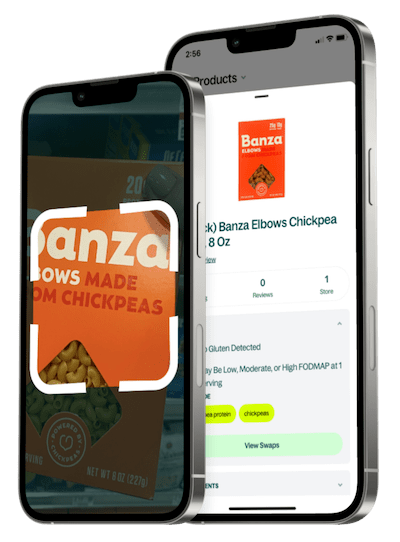Is Raised Gluten Free Vegetable Pot Pie Vegetarian?

Description
Savory, mildly seasoned filling with a creamy interior and a raised, flaky crust offering contrasting textures. Commonly reheated for quick weeknight dinners, lunches or portable snacks, it’s described by reviewers as comforting and convenient; praise centers on crust flakiness and portion size, while some note occasional uneven heating or sogginess.

Description
Savory, mildly seasoned filling with a creamy interior and a raised, flaky crust offering contrasting textures. Commonly reheated for quick weeknight dinners, lunches or portable snacks, it’s described by reviewers as comforting and convenient; praise centers on crust flakiness and portion size, while some note occasional uneven heating or sogginess.
Ingredients
Water, white rice flour, soy-free buttery spread [oil blend (palm fruit, canola, and olive oils), water, salt, contains less than 2% of natural flavor, sunflower lecithin, lactic acid (to preserve freshness), annatto extract (color)], potatoes, carrots, green beans, peas, onions, sorghum flour, tapioca flour, cane sugar, nutritional yeast, sea salt, cream of tartar, baking soda, organic black pepper, organic poultry seasoning (organic marjoram, organic rosemary, organic sage, organic thyme), organic garlic powder, organic chili powder, citric acid.
What is a Vegetarian diet?
A vegetarian diet eliminates meat, poultry, and fish but typically includes dairy, eggs, and plant-based foods. People adopt it for ethical, environmental, or health reasons. This diet emphasizes fruits, vegetables, legumes, grains, nuts, and seeds as key nutrient sources. Vegetarians often get protein from eggs, tofu, beans, and lentils. It can offer health benefits such as reduced risk of heart disease and improved weight management, though attention should be given to nutrients like iron, zinc, and vitamin B12. With proper planning, a vegetarian diet can be both nutritionally complete and sustainable.


